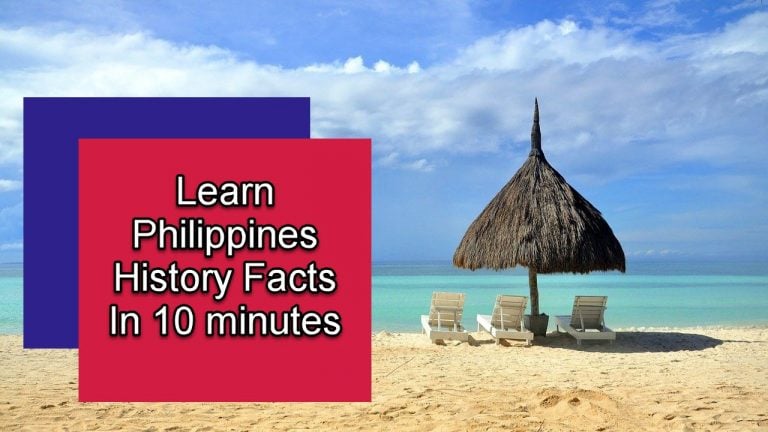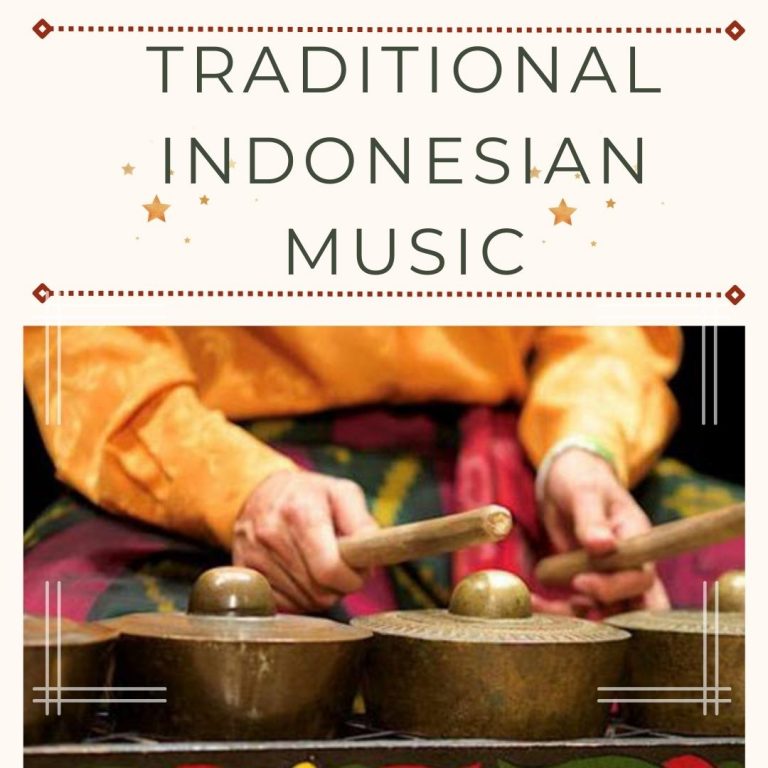Get to Know Brunei – A Brief History
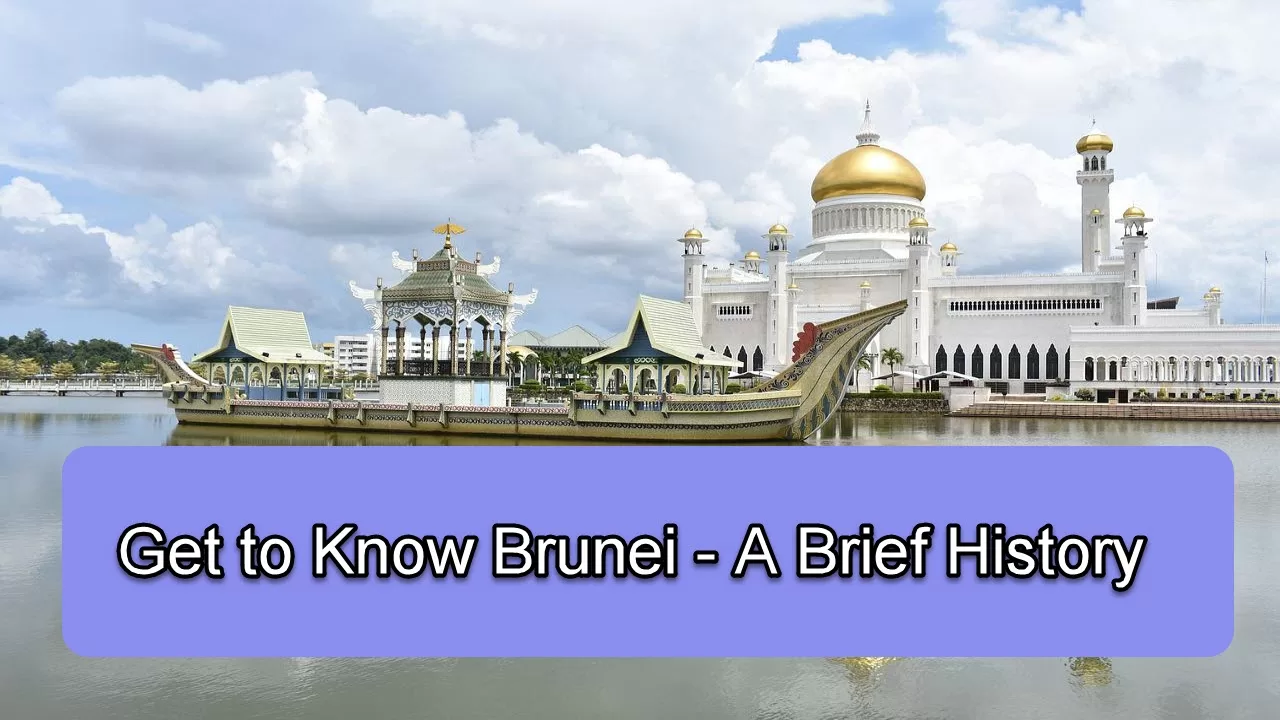
Have you ever visited Brunei? Or do you intend to visit Brunei on vacation? If you are new with the country, it is recommended that you learn about it before going on vacation so that you are aware of the country’s dos and don’ts. Brunei is a magnificent country in Southeast Asia. Get to know more about Brunei history. If you’re interested in learning about the brief history of Brunei, keep reading.
Brunei Brief History
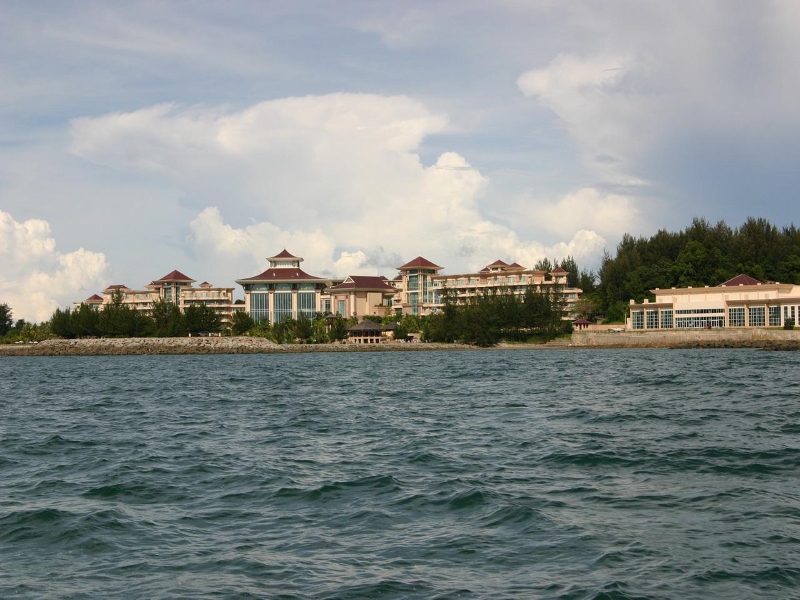
Brunei
Brunei, or formally known as Brunei Darussalam, is a beautiful Southeast Asian country in the north coast of the island of Borneo. Negara Brunei Darussalam is the official name of Brunei in Malay. It is entirely surrounded by the Malaysian state of Sarawak, apart from its South China Sea coast. The Sarawak district of Limbang divides it into two. Brunei is the only sovereign state fully on Borneo, with Malaysia and Indonesia dividing the rest of the island.
The capital and largest city of Brunei Darussalam is Bandar Seri Begawan. The Sultan, known as the Yang di-Pertuan, is the leader of the country, and the administration follows a mix of English common law and sharia law, as well as other Islamic norms.
Brunei Darussalam gained independence from the British in 1984 after being a British protectorate since 1888. It is a Commonwealth and ASEAN member (Association of Southeast Asian Nations).
Early History Of Brunei Darussalam
Brunei Darussalam was the capital of a great sultanate that ruled over Sabah, Sarawak, and the Philippines from the 14th to the 16th centuries. Brunei became an independent Sultanate during the 15th century. As a result, the present Sultan reflects one of the world’s oldest continually governing dynasties.
Sultan Bolkiah (ruled 1485–1528) is said to have ruled over most of Borneo, including modern-day Sarawak and Sabah, as well as the Sulu Archipelago off the northeast tip of Borneo and the islands off the northwest tip of Borneo, at the height of the Bruneian Empire. They also claimed sovereignty of Seludong or the Kingdom of Maynila, which is now the modern-day Philippine capital, Manila, but Southeast Asian researchers estimate this refers to the Indonesian settlement Mount Selurong. Brunei was a maritime state that was visited by Spain’s Magellan Expedition in 1521 and battled Spain in the Castilian War of 1578.
Warfare, piracy, and European colonial expansion had whittled away the Brunei Darussalam Empire by the 19th century. The Bruneian Empire started to crumble in the nineteenth century. The Sultanate gave James Brooke Sarawak (Kuching) and placed him as the White Rajah, while the British North Borneo Chartered Company got Sabah. Brunei became a British protectorate in 1888, and in 1906, a British resident was appointed as colonial manager.
On the 16th of December 1941, the Japanese invaded Brunei.
After occupying Brunei, the Japanese reached an arrangement with Sultan Ahmad Tajuddin to administer the country.
The Japanese language was taught in schools during the invasion, and government officers were expected to study Japanese. The native currency was replaced by the duit pisang, which was later named after it (banana money). Hyperinflation decimated the currency’s value beginning in 1943, and by the end of the war, it was worthless. Trade was eventually stopped due to Allied attacks on vessels. Food and medication became scarce, resulting in starvation and disease.
The Australian forces arrived in Muara on June 10, 1945, to retake Borneo from the Japanese. They were backed up by air and naval forces from the United States. Brunei town was heavily bombarded and recaptured after three days of intense battle. Many structures, including the Mosque, were demolished. The Japanese forces in Brunei, Borneo, and Sarawak, led by Lieutenant-General Masao Baba, officially surrendered at Labuan. After the Japanese left, the British Military Administration took command and stayed until July 1946.
Following the Japanese occupation during WWII, a new constitution was drafted in 1959. In 1959, Brunei became a self-governing state, with the United Kingdom continuing to be responsible for its foreign affairs, security, and defense. In 1962, a brief uprising against the monarchy emerged, which was put down with the support of the United Kingdom. The Brunei Revolt, also known as the North Borneo Revolt, contributed to the failure of the North Borneo Federation. Brunei’s choice to abandon the Malaysian Federation was influenced in part by the uprising.
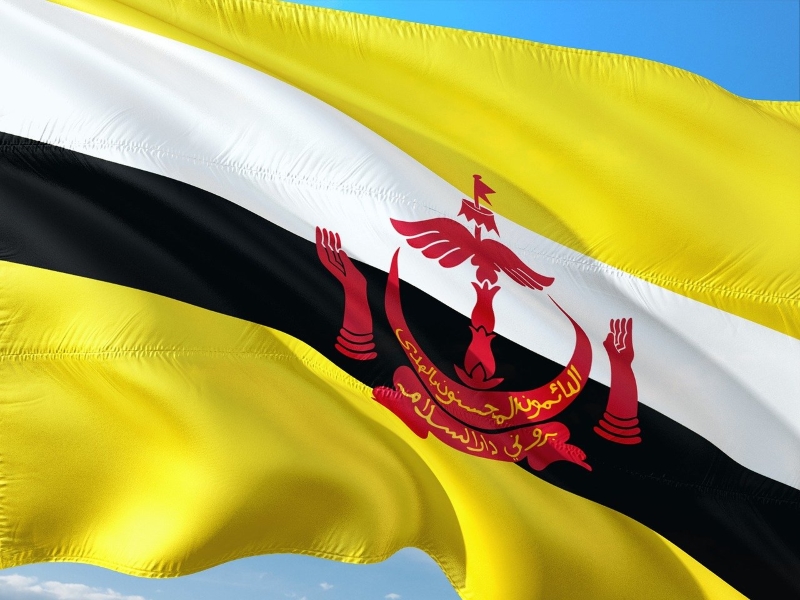
Independence Of Brunei Darussalam
Sultan Hassanal Bolkiah traveled to London on November 14, 1971, to negotiate the 1959 constitution’s changes. On November 23, 1971, a new agreement was reached, with Anthony Royle as the British representative.
Brunei has been ruled by Sultan Hassanal Bolkiah since 1967, and it became fully independent British protectorate on January 1, 1984. The official National Day, which commemorates the country’s independence, dates on February 23rd every year. The country is ruled by an autocratic monarchy. Brunei was developed into an industrial nation during the 1990s and 2000s, with GDP increasing 56% from 1999 to 2008.
Sultan Hassanal Bolkiah stated in October 2013 to impose sharia law, to the country’s Muslims, who make up around two-thirds of the population. Brunei would be the first and only country in East Asia to embrace Sharia law into its penal code, with the exception of the subnational Indonesian special territory of Aceh, which would be adopted in three phases, culminating in 2016. This measure received widespread condemnation, with the UN expressing great concern.
Written Constitution
Sultan Omar Ali Saifuddien III formed the Tujuh Serangkai committee in July 1953 to gather the public’ views on a written constitution for Brunei. The Sultan, Resident, and High Commissioner assembled in May 1954 to review the committee’s conclusions. They agreed to allow the constitution to be written. Sultan Omar Ali Saifuddien III headed a mission to London in March 1959 to discuss the draft Constitution. Sir Alan Lennox-Boyd, Secretary of State for the Colonies, commanded the British delegation. The draft constitution was later approved by the British government.
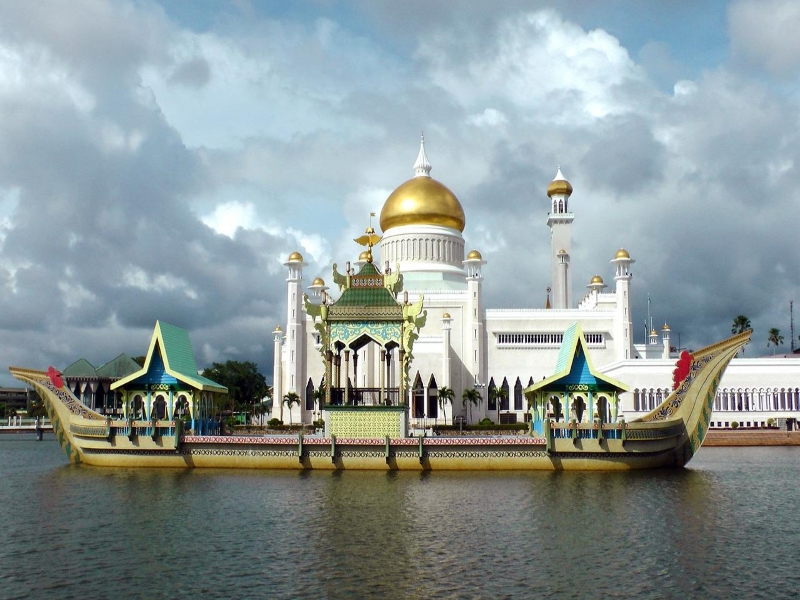
Land
Brunei is a country of Southeast Asia, made up of two separate portions on the island of Borneo with a total area of 5,765 square kilometers/2,226 square miles. It has a 161-kilometer (100-mile) coastline along the South China Sea and a 381-kilometer (237-mile) border with Malaysia. Its territorial waters cover 500 square kilometers (193 square miles) and it has a 200-nautical-mile (370 km; 230 mi) exclusive economic zone.
The capital city, Bandar Seri Begawan, is home to around two-thirds of Brunei’s population. The city is around 9 miles (14 km) from the Brunei River’s mouth on Brunei Bay. An older part of the city named Kampong Ayer lies adjacent to the contemporary area, where Brunei Malays reside in houses built on stilts along river inlets. The second most heavily populated region is the area encompassing the cities of Kuala Belait and Seria, these 2 cities are oil-rich zone of the southwestern coast.
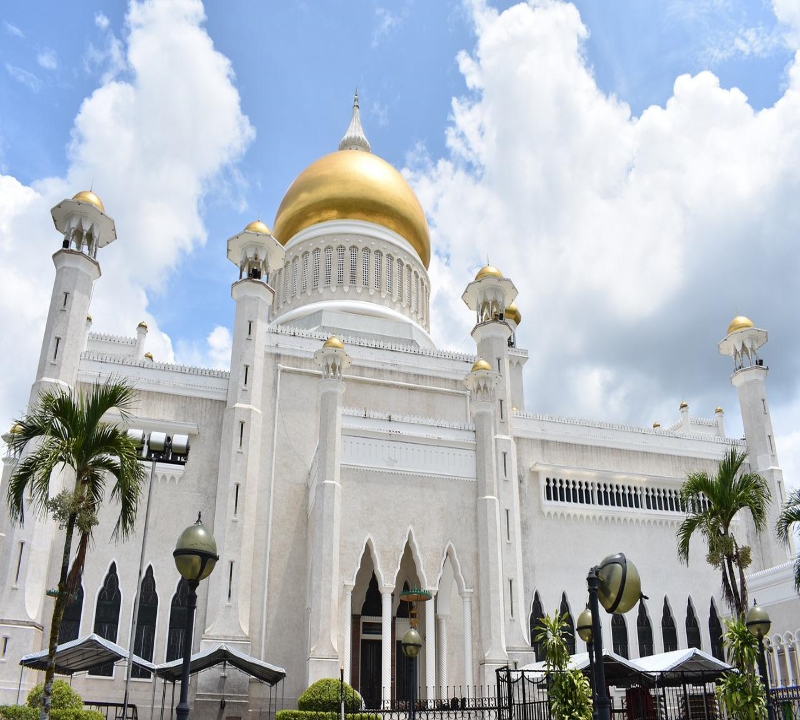
Politics And Government In Brunei Darussalam
The political system of Brunei is controlled by the national tradition and constitution of Malay Islamic Monarchy/Melayu Islam Beraja; MIB. MIB is divided into three sections, Malay culture, Islamic religion, and the monarchy’s political structure. It has an English common law legal system, albeit in some circumstances Islamic law (shariah) takes precedence. Brunei has a parliament, however no elections are held, the last one was in 1962.

Justice System of Brunei Darussalam
Brunei’s judicial department includes multiple courts. The Supreme Court, which is made up of the Court of Appeal and the High Court, is the highest court in the country. There is a chief justice and two justices in each of these courts.
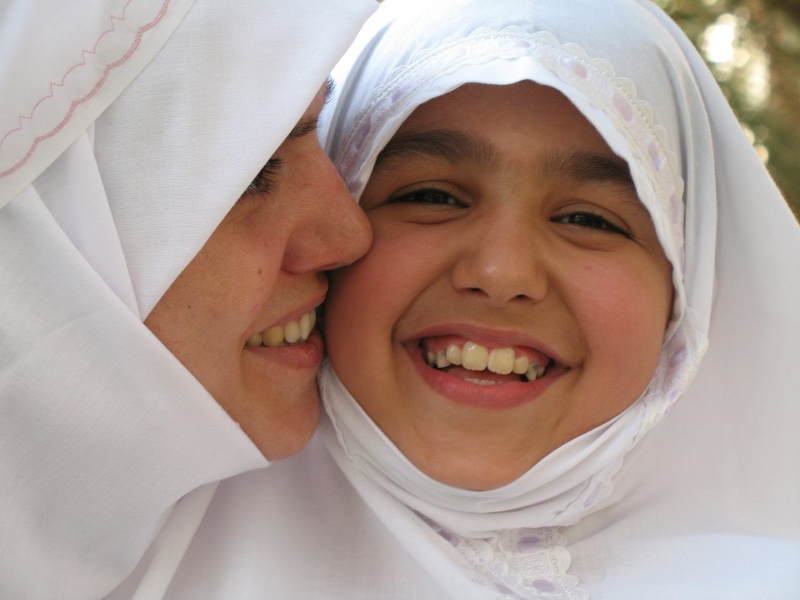
Rights Of Women And Children
Discrimination against women is an issue in Brunei, according to the US Department of State. The law bans sexual harassment and says that anyone who assaults or uses criminal force with the intent to outrage or knowing it is likely to outrage a person’s modesty suffers up to five years in prison and caning. For rape, the law specifies up to 30 years in prison and at least 12 strokes of the cane. Spousal rape is not unlawful, and the law expressly declares that sexual intercourse between a man and his wife, as long as she is not below the age of 13, is not considered rape.
The revised Islamic Family Law Order 2010 and the Married Women Act Order 2010 give protections against sexual abuse by a spouse. A breach of a protective order is punishable by a fine of not more than BN$2,000 or six months in prison. Sexual relations with a female under the age of 14 is considered rape and is punishable by a minimum of eight years in prison, a maximum of 30 years in prison, and a minimum of 12 strokes of the cane. The law’s purpose is to protect girls from being exploited through prostitution and other unethical objectives, such as pornography.

LGBT Rights
In Brunei Darussalam, homosexuality is banned for both men and women. Male sexual relations are condemned by death or whipping, whereas female sexual relations are punished by caning or imprisonment.
Brunei’s government extended its present moratorium on the death penalty to include the Sharia criminal code, which rendered gay crimes punishable by stoning.
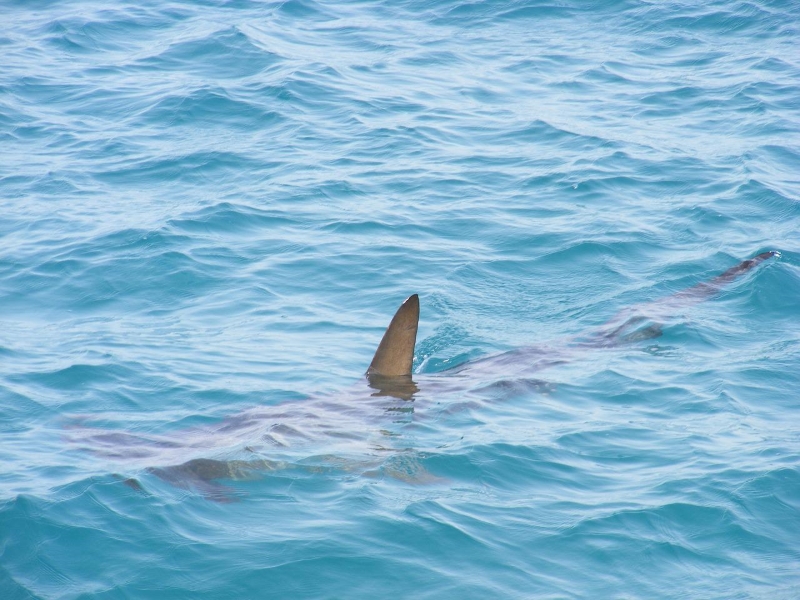
Animal Rights
Brunei is the first Asian country to prohibit shark finning completely.
In comparison to its neighbors who share Borneo island, Brunei has kept the majority of its forests. In Brunei, there is a public movement to save pangolins, which are regarded an endangered treasure.
Security
The Royal Brunei Armed Forces are a small, well-equipped army force with smaller navy and air force troops. The Royal Brunei Police and the Ghurka Reserve Unit reinforce these forces. Only Malays are qualified to participate the military, and involvement is entirely voluntary.

Religion
Brunei’s official religion is Islam, particularly the Sunni branch of Islam and the Shafi’i school of Islamic law. More than 80% of the population is Muslim, including the bulk of Bruneian Malays and Kedayans. 7% of the population is Buddhism, mostly by Chinese, and Christianity has 7.1 percent%. About 7% of the population are freethinkers, predominantly Chinese. Despite the fact that the majority of them practice some type of Buddhism, Confucianism, or Taoism, they choose to present themselves as having practiced no religion officially, and hence are classified as atheists in official censuses. Indigenous faiths are practiced by around 2% of the population.
Language
Malay is the official language, with English as a significant second language.
In Brunei, English is widely utilized as a business and official language, and the majority of the population speaks it. From primary to higher education, English is utilized as a working language and as the language of teaching.
Chinese languages are also frequently spoken, and Brunei’s Chinese minority speaks a variety of dialects.
Muslims speak Arabic as their religious language. As a result, Arabic is widely taught, especially religious schools, as well as higher education institutions. Brunei has six Arabic schools and one religious teachers’ college as of 2004. As part of their religious education, the majority of Brunei’s Muslim inhabitants obtained some type of official or informal education in the writing, reading, and pronunciation of the Arabic language.
Sport
In Brunei, association football is the most popular sport.
